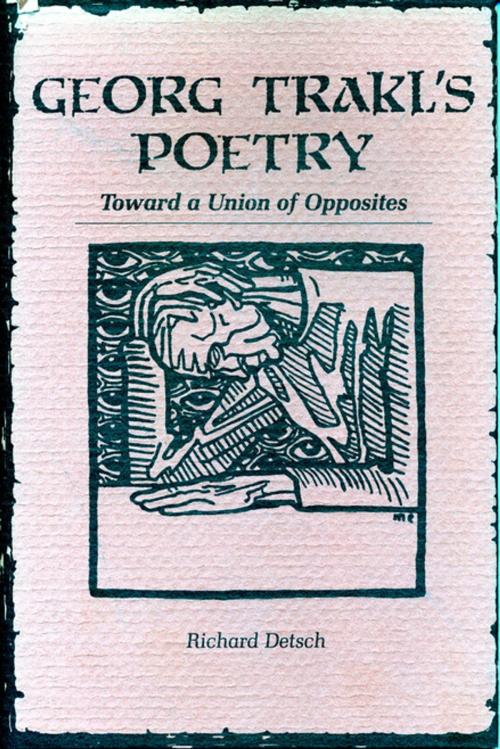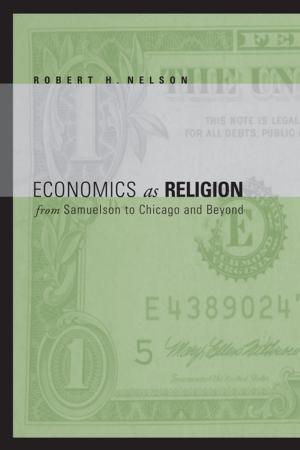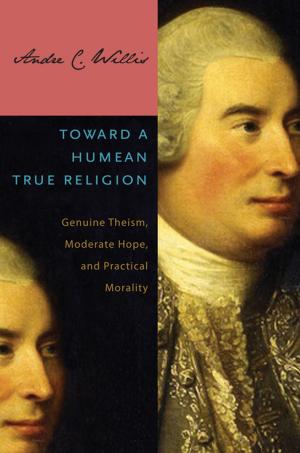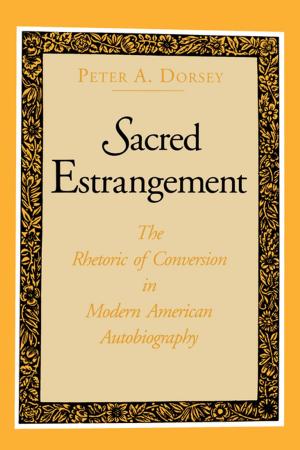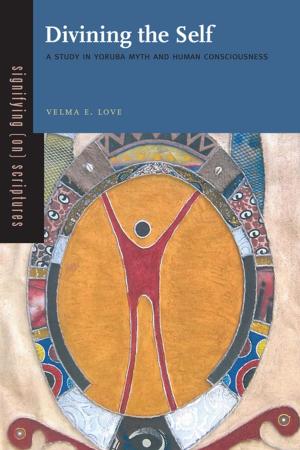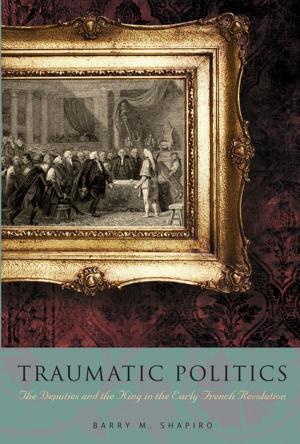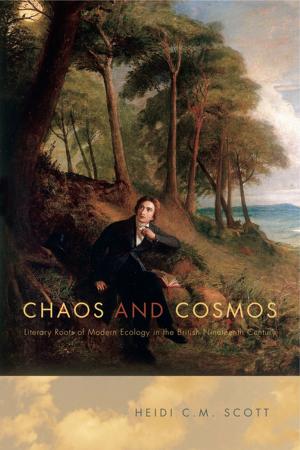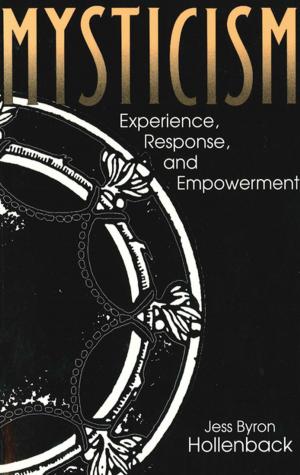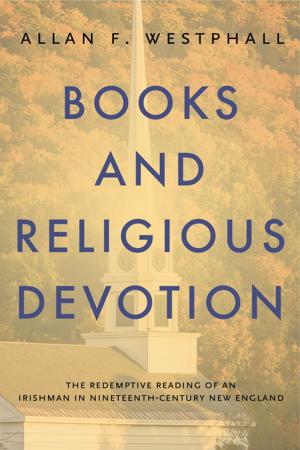Georg Trakl's Poetry
Toward a Union of Opposites
Fiction & Literature, Poetry, Continental European, Literary Theory & Criticism, Poetry History & Criticism, Theory| Author: | Richard Detsch | ISBN: | 9780271072876 |
| Publisher: | Penn State University Press | Publication: | February 8, 1991 |
| Imprint: | Penn State University Press | Language: | English |
| Author: | Richard Detsch |
| ISBN: | 9780271072876 |
| Publisher: | Penn State University Press |
| Publication: | February 8, 1991 |
| Imprint: | Penn State University Press |
| Language: | English |
The chaotic mixture of elements in Trakl's poems is more apparent than real, this book argues, thus challenging the "Orphic" view of Walther Killy and his followers. A dream of unity—one of the most ancient dreams in human history—is in fact reflected in all of Trakl's work.
The recurring themes in Trakl's poetry are brought into focus through Dr. Detsch's literary, psychological, and philosophical analysis: the union of male and female in incest from the Jungian standpoint, the union of life and death from the Heideggerian standpoint and that of German Romanticism as represented by Novalis, the union of good and evil from the Dostoyevskian or Nietzschean standpoint, the mixture of images from the Goethean definition of symbolism.
Trakl (1887–1914) is presented as a poet whose lyric voice sounded a cry of hope in its deepest despair. As Dr. Detsch's generous quotations from the poet's work (in the original German) make clear, Georg Trakl sought poetic expression for a union of opposites.
The chaotic mixture of elements in Trakl's poems is more apparent than real, this book argues, thus challenging the "Orphic" view of Walther Killy and his followers. A dream of unity—one of the most ancient dreams in human history—is in fact reflected in all of Trakl's work.
The recurring themes in Trakl's poetry are brought into focus through Dr. Detsch's literary, psychological, and philosophical analysis: the union of male and female in incest from the Jungian standpoint, the union of life and death from the Heideggerian standpoint and that of German Romanticism as represented by Novalis, the union of good and evil from the Dostoyevskian or Nietzschean standpoint, the mixture of images from the Goethean definition of symbolism.
Trakl (1887–1914) is presented as a poet whose lyric voice sounded a cry of hope in its deepest despair. As Dr. Detsch's generous quotations from the poet's work (in the original German) make clear, Georg Trakl sought poetic expression for a union of opposites.
